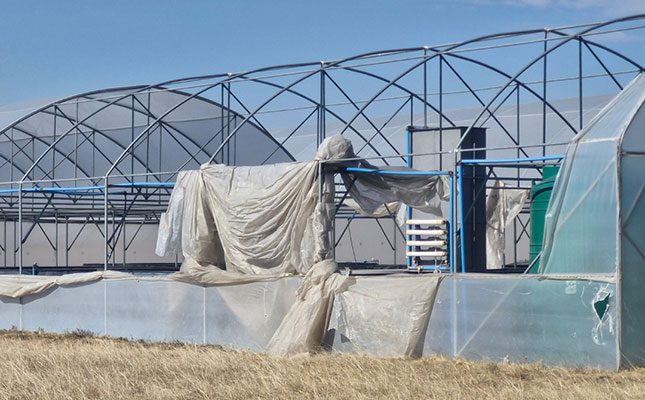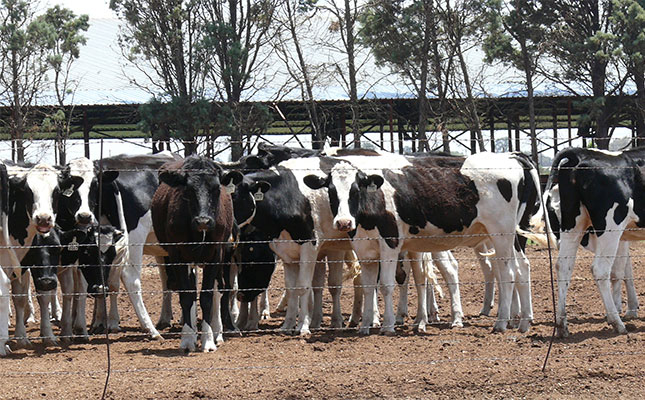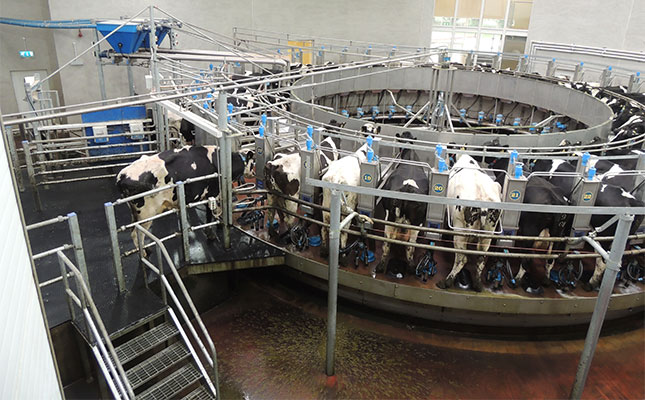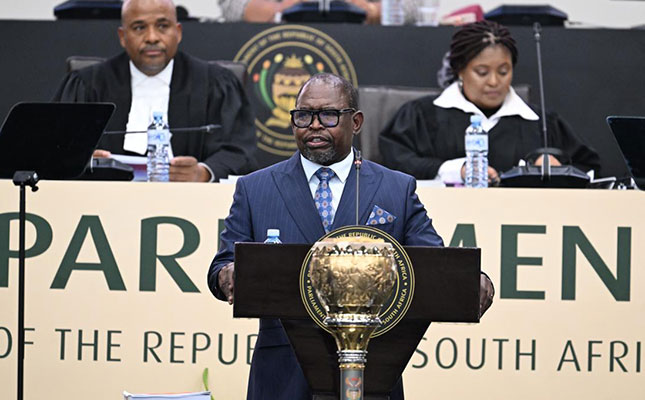
The findings, uncovered by the NSPCA’s Farm Animal Protection Unit Inspectors, underscore the urgent need for stricter regulations and greater oversight in South Africa’s aquaculture sector, which remains relatively under-regulated compared to more established protein sources like poultry, pork and beef.
During a recent inspection, NSPCA national inspectors initially faced resistance from the farm owner, who refused them entry, citing his constitutional rights.
READ How aquaponics is being used to feed communities
However, determined to carry out their duties, the inspectors returned with a warrant and were supported by the local South African Police Service, allowing them lawful access to the premises.
What they found was deeply concerning. “The state of the facility was shocking,” said an NSPCA spokesperson in a press statement:
“A significant portion of the building was exposed to the elements, drastically impacting the health and well-being of the fish. Most alarming was the absence of any heating system, causing water temperatures to plummet far below the optimal range for Mozambican tilapia.”
Inspectors noted that the ponds were in an appalling state, with visibility severely compromised by dirt and algae, a clear indication of poor maintenance practices.
“The caretaker admitted that the ponds had never been thoroughly cleaned, merely drained and refilled, neglecting the buildup of harmful waste,” the spokesperson added.
A particularly disturbing discovery was a wheelbarrow filled with dead fish, signalling a recent mass casualty event.
“The caretaker revealed that the facility had been without electricity for three days, leading to the deaths of countless fish due to the absence of a backup power system,” the spokesperson explained.
READ Hydroponics or aquaponics: Which is right for you?
Despite extensive searches, no live fish were found; instead, more deceased fish were seen submerged in the murky ponds.
“Shockingly, the caretaker continued feeding the ponds as if the fish were still alive.”
The facility had been granted to the owner by the Department of Agriculture, Rural Development and Land Reform, which was allegedly aware of the farm’s deteriorating conditions.
The owner had even sought funding for structural improvements, raising serious concerns about oversight and accountability within the department.
David Finchman, an expert in the aquaculture sector with 40 years of experience, weighed in on the situation, emphasising the critical need for proper maintenance and oversight in fish farming operations.
“The consequences of poor maintenance can be dire, ranging from severe injury to mass fish mortality,” Finchman stated.
He highlighted that inadequate upkeep could stem from various factors, including a lack of funds, insufficient skills, poor management structures and poor timing.
He stressed the importance of thorough financial planning and consistent cash flow to ensure the viability of such operations, particularly concerning backup energy and heating systems.
“Proper financial planning and consistent cash flow are crucial to maintaining a viable fish farming operation, especially in regard to backup energy and heating systems.”
While Finchman acknowledged that tilapia were resilient, he cautioned against using this as an excuse for substandard farming conditions.
“Tilapia can survive on the natural feed available in their system and will eat when hungry. However, this does not justify poor farming conditions.”
He pointed out the importance of government oversight in such projects.
“The government’s responsibility does not end with providing funds but extends to continuous involvement in the project’s lifecycle, from financing, design, and construction to operations and business oversight. All stakeholders need to perform their duties diligently and cohesively,” Finchman said.
In response to the NSPCA’s findings, the owner has been issued a written warning and the organisation has formally raised its concerns with the Department of Agriculture, Rural Development and Land Reform. The NSPCA has made it clear that it will not rest until justice is served.
“We are resolute in our stance that this facility must be shut down.” Legal action is currently being considered.
The incident has sparked discussions within the Tilapia Aquaculture Association of South Africa (TAASA), which is actively seeking ways to mitigate such risks in future.
TAASA, which includes a specialised veterinarian on its executive committee, is particularly concerned about the implications for animal welfare and the potential for negative media coverage to lead to unnecessary regulatory burdens and increased costs for the sector.
Finchman said the case served as a stark reminder of the challenges facing South Africa’s aquaculture industry, “and the urgent need for improved oversight and accountability to prevent similar incidents from occurring in the future”.








